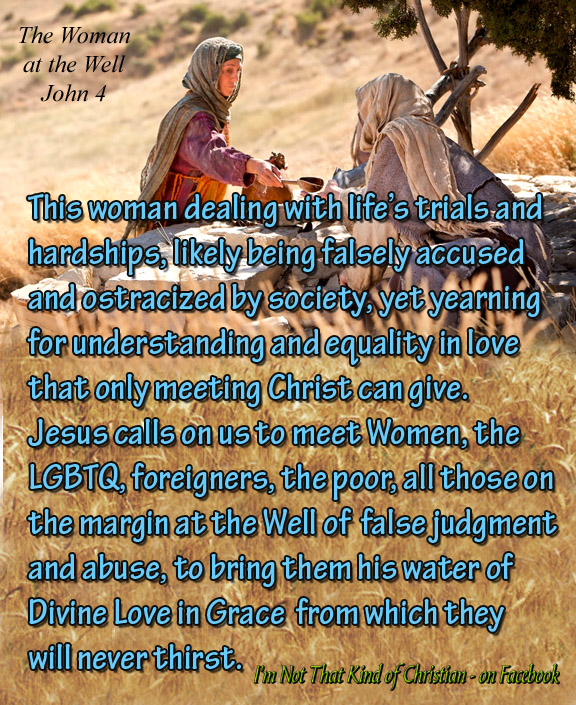Searching for the interpretation
of Divine Love
in scripture.
Marriage and divorce.

- Prologue:
- In Matthew 19:3 the Pharisees attempt to trap Jesus by testing Him on the law of Moses concerning divorce. Jesus responds by pointing them back to God’s original design—man and woman joined together from the beginning. He exposes how their rigid, patriarchal man made laws were not born of love but of hardened hearts, laying heavy burdens without offering help.The disciples, seeing how fragile and fractured marriage often was—even among kings and prophets—respond with honest doubt:
- “If this is the situation between a man and his wife, it is better not to marry.”
- Jesus does not dismiss their concern. He acknowledges that many marriages are far from what God desires—some entered for selfish gain, others from the ache of loneliness or the search for security. Yet into this reality, Jesus speaks grace:
- “Not everyone can accept this teaching, but only those to whom it is given.”
- The marriages not made in heaven often leave behind a deep sadness—a void in the heart that longs for God’s grace. Within that void is the hope to find love blessed by God, a companion who can share in the fullness of life as it was in the beginning.
- It is into this longing that Jesus steps when He meets “the woman at the well.”
- A shortened contextual reading on the Gospel of John 4:5-42
- Jesus, weary from His journey, sits by Jacob’s well in Samaria. A woman comes alone to draw water, carrying with her the quiet sorrow of broken relationships and the weight of being both a Samaritan and a woman—doubly excluded in the eyes of Jewish society. When Jesus speaks to her, asking for a drink, she is astonished.
- “How is it that you, a Jew, ask a drink of me, a woman of Samaria?”
- For Jews had no dealings with Samaritans, and men rarely addressed women in public. Yet Jesus breaks through these barriers of prejudice and tradition to reach her heart. He tells her of living water that springs up to eternal life, water that quenches the thirst no earthly well can satisfy. Slowly, she begins to realize this stranger sees her more deeply than anyone ever has. When He reveals her past—five husbands, and the man she now lives with not her husband—He does not condemn her. Instead of shame, she finds herself known, and instead of rejection, she is offered grace. Astonished, she calls Him a prophet and dares to speak of the Messiah. Jesus responds with a rare and direct declaration:
- “I who speak to you am He.”
- In that moment, her sadness is met with hope, her emptiness with love.Leaving her water jar behind, she runs to the town, no longer defined by her past but freed to share the good news:
- “Come, see a man who told me everything I ever did. Could this be the Christ?” Through her witness many Samaritans come to believe, discovering for themselves that Jesus is truly the Savior of the world—the one who frees love from shame and makes it life-giving for all.
- Amen
- Epilogue:
- Her story reflects the pain of broken relationships and the search for fulfillment that never seems to last. She had gone through multiple marriages, each leaving her with emptiness rather than joy. And her burden of suffering added to by the weight of the human hard of heart judgment of failure and shame. But Jesus does not meet her with condemnation. Perhaps He foresaw His own future as the innocent one who would be crucified. Looking into her heart, He did not see sin—He saw sincerity. He did not see an apostate, but an apostle in the making—one who could carry the living water to those most in need of love and compassion.
- – St Photina, the Luminous one –
- Meditation:
- And so it is with us. Each of us comes to our own well, thirsty in ways words cannot always name—longing for love, for healing, for acceptance, for peace. Jesus still meets us there, not to condemn our past, but to offer living water. When we drink deeply of His grace, the empty jar of our sorrow is left behind, and our lives overflow to bring hope to others who thirst for the same love.
- The broken will always be able to love harder than most.
- Once you've been in the dark you learn to appreciate everything that shines
- Author:- Mark (Mho) Owen – Facebook Page – I'm Not That kind of Christian –
